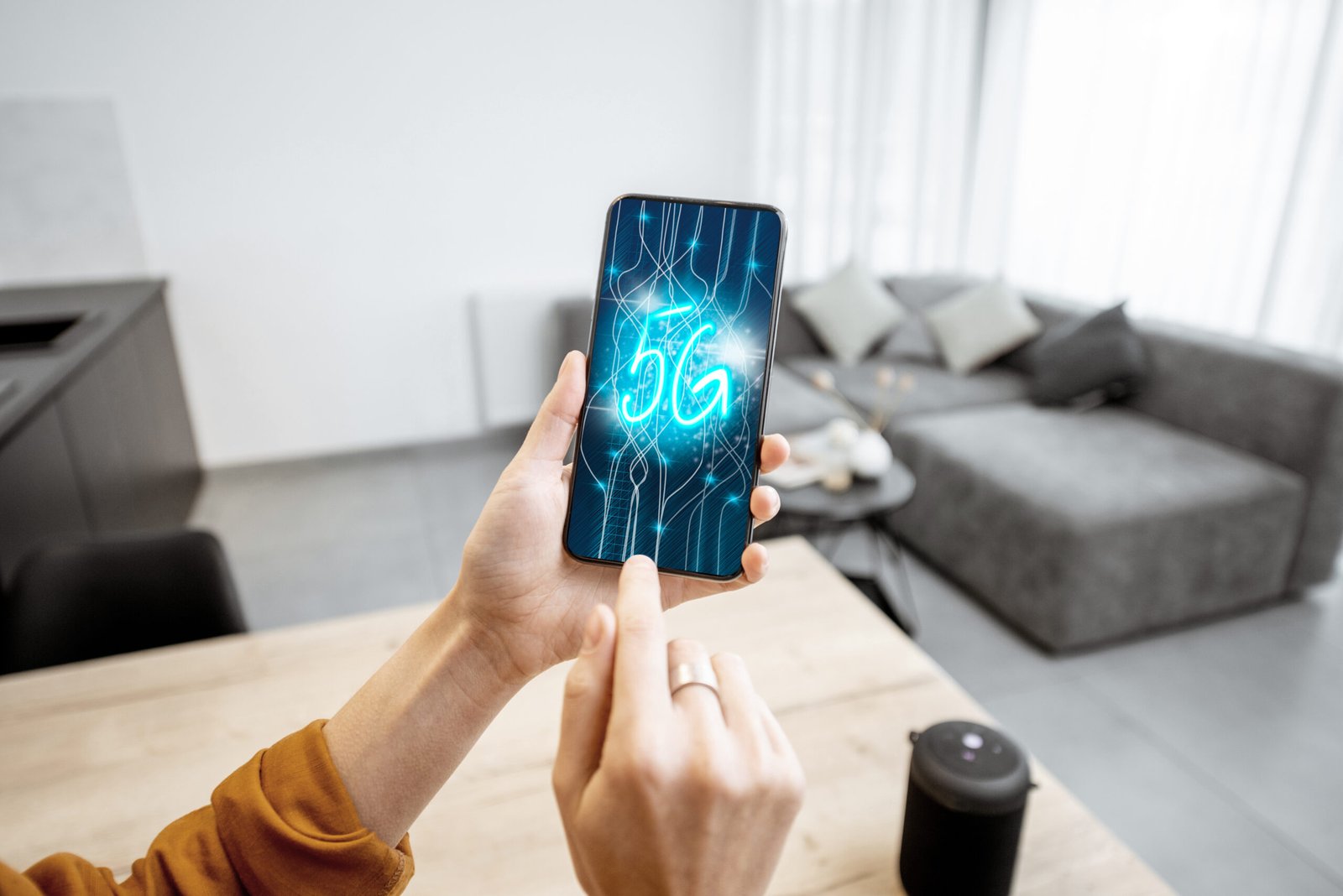As the world rapidly advances into a new era of connectivity, 5G technology emerges as a game-changer, promising to revolutionize the way we live, work, and interact. With its unparalleled data speeds, low latency, and capacity to connect millions of devices simultaneously, 5G is not just an upgrade; it’s a fundamental shift in how we experience the digital landscape.
In Sri Lanka, the anticipation surrounding 5G is palpable. With the potential to enhance sectors like healthcare, education, and tourism, 5G stands to empower businesses and enrich the daily lives of citizens. As the nation gears up for this technological leap, it’s crucial to understand what 5G is, how it works, and the vast opportunities it presents for our future.
In this blog post, we will explore the current state of 5G in Sri Lanka, its benefits and challenges, and the transformative impact it could have on our economy and society as a whole. Join us as we dive into the exciting world of 5G and uncover what it means for Sri Lanka’s digital future.
What is 5G?
5G, or fifth-generation wireless technology, represents a significant advancement in mobile connectivity. It offers faster data speeds, lower latency, and increased capacity compared to its predecessor, 4G. This next-generation network is designed to support the growing demand for high-speed internet and enable innovative applications across various industries.
One of the key features of 5G is its ability to connect a vast number of devices simultaneously, making it ideal for the Internet of Things (IoT). With 5G, users can expect download speeds up to 100 times faster than 4G, significantly enhancing experiences for streaming services, online gaming, and augmented reality (AR) applications.
In Sri Lanka, the rollout of 5G technology is set to transform the way individuals and businesses connect. It promises to boost the economy, enhance communication, and drive digital transformation across sectors such as healthcare, education, and transportation.
Current State Of 5G in Sri Lanka
The rollout of 5G technology in Sri Lanka marks a pivotal moment in the nation’s journey toward enhanced connectivity and digital transformation. As of now, several major telecom providers, including Dialog Axiata, Mobitel, and SLT, have initiated 5G trials and pilot projects in select urban areas, signaling a significant step toward broader implementation.
Deployment and Coverage
Currently, 5G services are primarily available in major cities such as Colombo, Kandy, and Galle, with ongoing efforts to expand coverage to suburban and rural areas. These early deployments focus on testing the technology’s capabilities, optimizing network performance, and preparing infrastructure for a wider rollout.
Government Initiatives
The Sri Lankan government has recognized the importance of 5G for economic growth and competitiveness in the global digital landscape. Policies are being developed to facilitate investment in telecommunications infrastructure and create a regulatory framework that encourages innovation while ensuring public safety and privacy.
Challenges Ahead
Despite the progress, several challenges remain in the path toward full-scale 5G deployment. These include the need for significant investment in infrastructure, the requirement for updated regulatory policies, and addressing public concerns regarding health and environmental impacts. Additionally, building a skilled workforce to manage and maintain advanced 5G networks is crucial for long-term success.
As Sri Lanka continues to embrace this transformative technology, the next few years will be critical in shaping the country’s digital future. The expansion of 5G is not merely a technological upgrade; it represents an opportunity for Sri Lanka to leapfrog into a new era of innovation and connectivity.
Benefits of 5G for Sri Lanka
Enhanced Connectivity: Faster data speeds and reliable internet access can bridge the digital divide, benefiting remote areas.
Economic Growth: 5G fosters innovation across industries, driving business efficiency and creating new job opportunities.
Smart Cities: Integration of IoT devices can lead to efficient urban management, reducing congestion and energy use.
Healthcare Advancements: Telemedicine services can improve patient care with real-time consultations and remote monitoring.
Educational Opportunities: Enhanced connectivity allows for interactive learning experiences and access to quality resources.
Boosting Tourism: Improved mobile services can enhance visitor experiences, attracting more tourists to Sri Lanka.
Empowering Local Businesses: SMEs can leverage 5G for digital marketing and data-driven decision-making, fostering entrepreneurship.
Challenges of 5G Implementation
-
- Infrastructure Investment: Significant capital is required to build and upgrade network infrastructure for 5G coverage.
-
- Regulatory Framework: Developing supportive policies and regulations can be slow, impacting the speed of deployment.
-
- Public Concerns: There are ongoing worries about health and environmental effects, which may hinder acceptance.
-
- Technical Expertise: A shortage of skilled professionals to manage and maintain 5G networks poses a challenge.
-
- Rural Accessibility: Expanding 5G to rural areas remains difficult due to geographical and economic constraints.



















